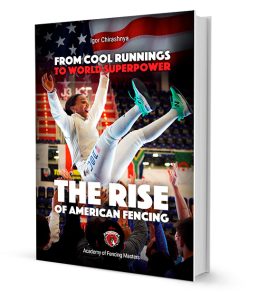Thanks to pandemic lockdowns, we have been forced to think differently about the way that we approach our training. Though fencing is an individual sport, it’s long been one that we practice in group settings, with coaches, classmates, training partners, and mentors...








